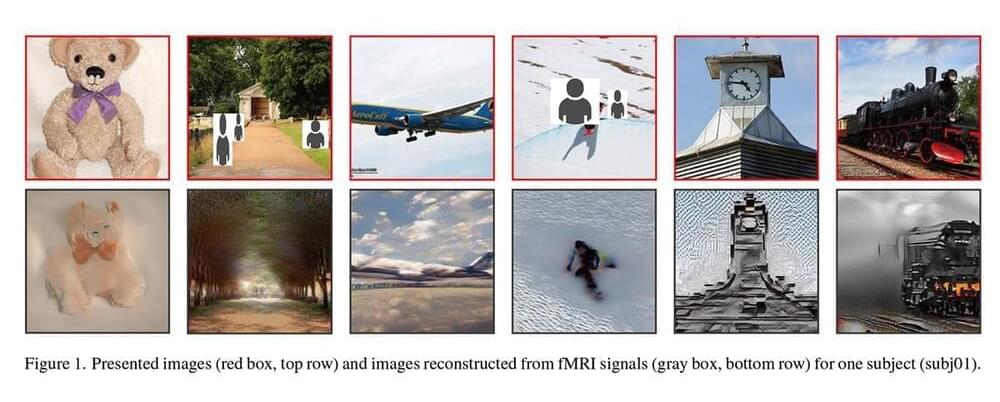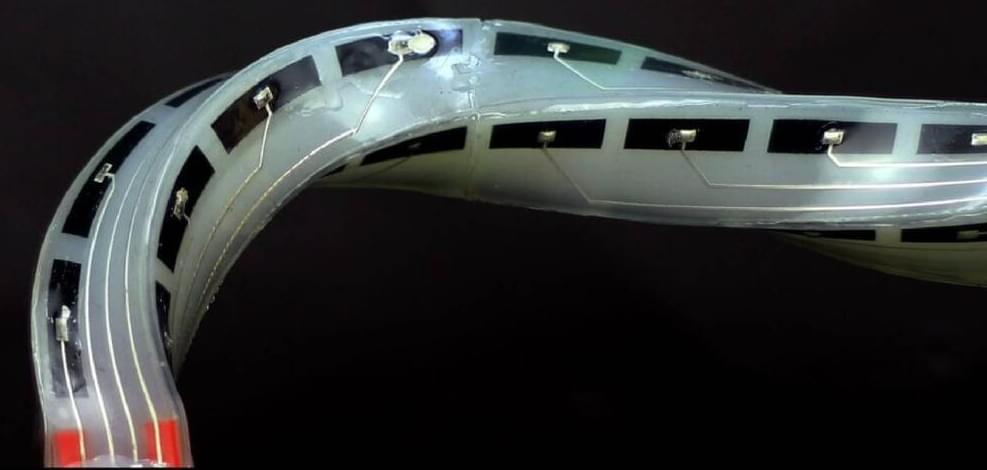► Skip the waitlist by signing up for Masterworks here: https://masterworks.art/ainews.
Purchase shares in great masterpieces from artists like Pablo Picasso, Banksy, Andy Warhol, and more. See important Masterworks disclosures: https://www.masterworks.com/about/disclaimer?utm_source=aine…disclaimer.
Premium Robots: https://taimine.com/
Deep Learning AI Specialization: https://imp.i384100.net/GET-STARTED
GenAug has been developed by Meta AI and the University of Washington, which utilizes pre-trained text-to-image generative artificial intelligence models to enable imitation-based learning in practical robots. Stanford artificial intelligence researchers have proposed a method, called ATCON to drastically improve the quality of attention maps and classification performance on unseen data. Google’s new SingSong AI can generate instrumental music that complements your singing.
AI News Timestamps:
0:00 New AI Robot Tech From Meta.
2:43 Computer Vision Breakthrough From Stanford.
4:15 Masterworks Art.
6:10 Google AI Music Generator.
#technology #tech #ai






